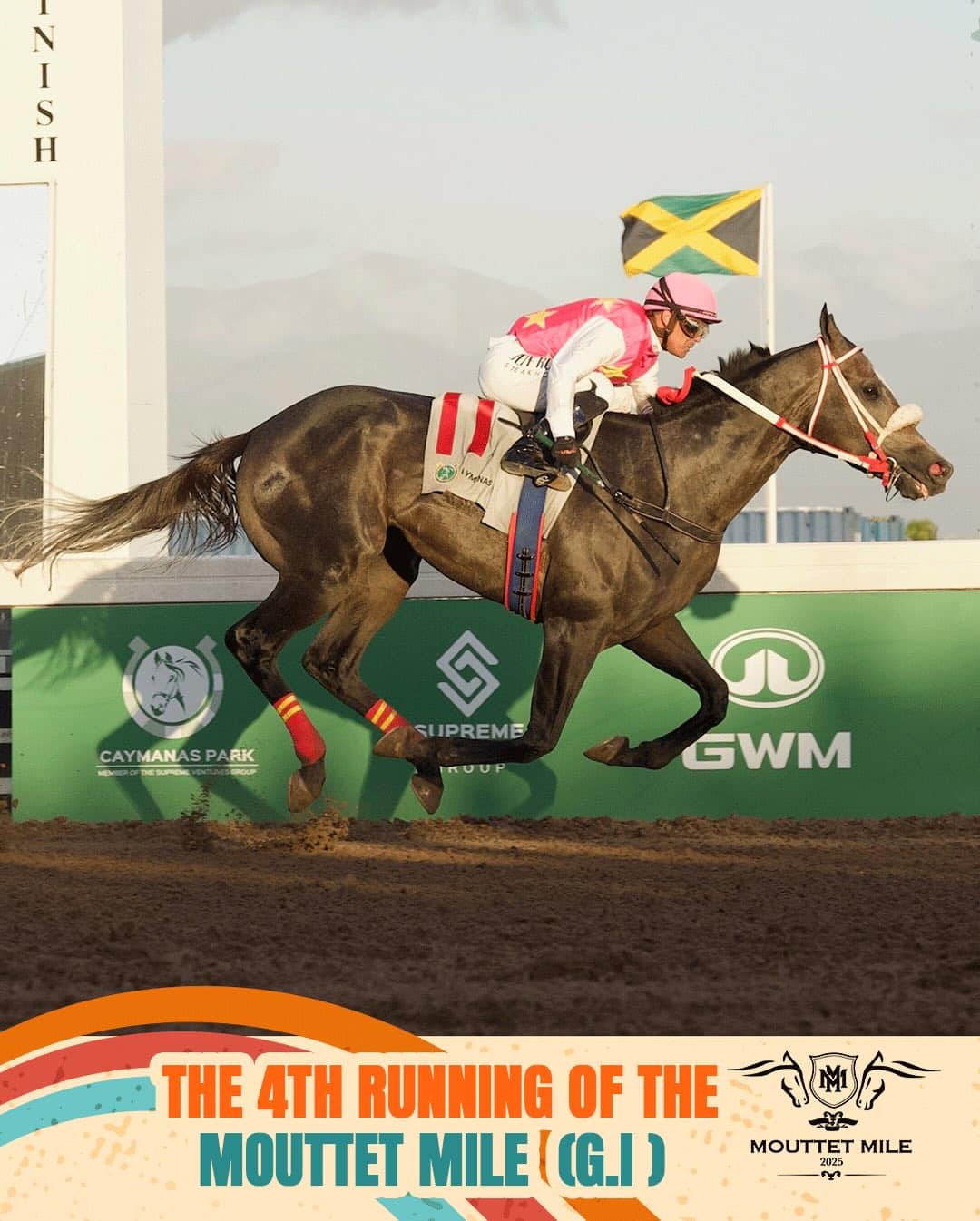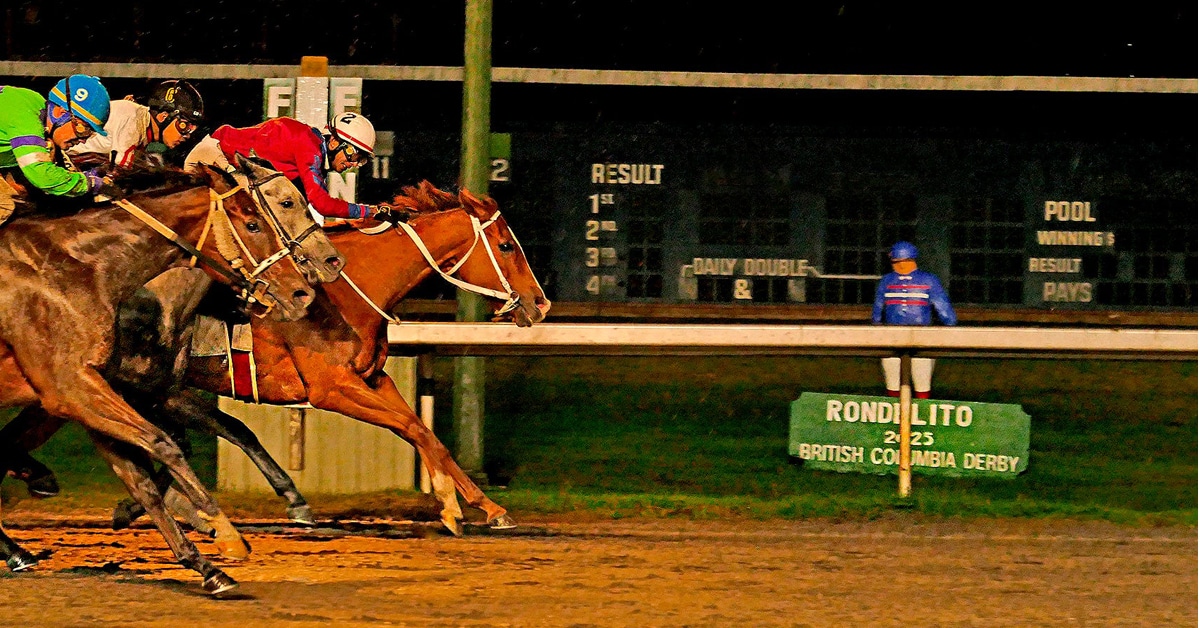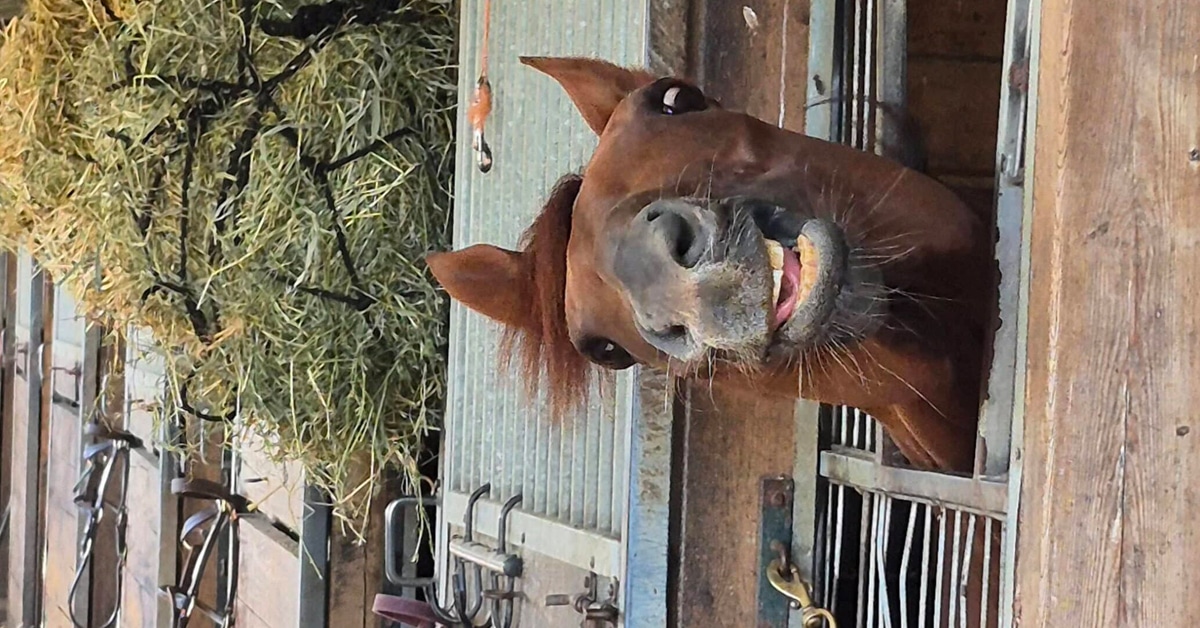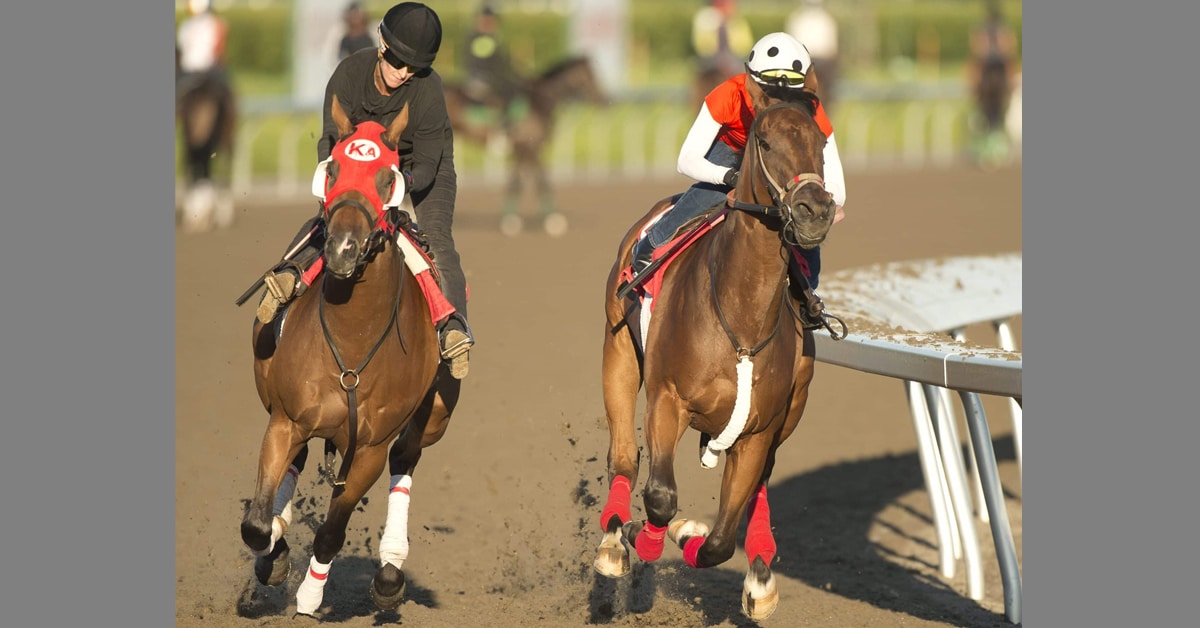Animal Wellness Action and the Center for a Humane Economy reacted with dismay after a federal court struck down a key provision of the Horseracing Integrity and Safety Act (HISA), contradicting a prior ruling affirming the constitutionality of the law by the Sixth Circuit. Last week’s ruling by the Fifth Circuit casts doubt on the constitutionality of the Horseracing Integrity and Safety Act (HISA)—which has been in effect for more than a year at most Thoroughbred tracks and has played a role in dramatically reducing catastrophic deaths on U.S. tracks.
“The Fifth Circuit Court of Appeals appears determined to find fault with a law to set up a national standard for horse safety at racetracks, even after the Sixth Circuit upheld the law in its entirety,” said Scott Edwards, general counsel for the animal welfare groups. “The Fifth’s Circuit’s ruling is wrong on the merits and it’s bad for horse welfare in America.”

Published on Friday, the Fifth Circuit’s ruling, however, ruling is decidedly detrimental to horse welfare. HISA is making a significantly positive difference in Thoroughbred racing, as reported in HISA’s first quarter 2024 metrics report. The agency identified a 38 percent decrease in racing-related fatalities year over year. Racetracks operating under HISA’s rules and running races in the first quarter reported 0.84 racing-related equine fatalities per 1,000 starts, compared to 1.35 racing-related equine fatalities per 1,000 starts in the first quarter of 2023. The court’s ruling leaves horses in Louisiana, Mississippi and Texas still unprotected and subject to unnecessary track-related deaths. Most tracks in that jurisdiction, though, had opted out of HISA even prior to the Fifth Circuit ruling, showing themselves as outliers in the national racing industry.
“Since Thoroughbred tracks began complying with HISA strictures, there has been a dramatic drop in racing-related deaths,” said Fred Hudson, director of equine welfare for Animal Wellness Action and the Center. “We are confident that the same improved outcomes would save horse lives if they were applied to all Thoroughbreds in competition and also to Standardbred on harness tracks.”
It’s not just the Thoroughbred tracks in Texas and Louisiana (both in the Fifth Circuit’s jurisdiction) that have refused to participate in the HISA horse safety program. So have tracks in West Virginia. In those states, deaths continue to occur with greater frequency compared to HISA tracks.
Noted racing expert and writer Andrew Cohen wrote this about the Fifth Circuit ruling in the Paulick Report, which is an industry publication:
Three judges have created another year or two of legal uncertainty over Thoroughbred horse racing in the U.S. It has given aid and comfort to cheating trainers and owners and to horsemen’s groups desperately trying to keep things the way they used to be. It has emboldened state racing commission officials in jurisdictions like Texas and Louisiana, states covered by the Fifth Circuit, to push rules that would allow for racing officials to carry firearms as they go about their duties or to permit veterinarians to give more drugs to more horses closer to race days. And it has done all this by embracing a radical theory of government that fundamentally misunderstands what HISA is and does.
Wayne Pacelle, who worked diligently to pass HISA in Congress and testified in Congress in favor of the original bill introduced to effect reform, also weighed in about the confusion created by the latest appellate court ruling.
“Horse racing is a national industry, and it requires national rules and standards, just like baseball, football, and other major sports,” said Pacelle, president of Animal Wellness Action and the Center for a Humane Economy. “Horse racing is an industry in crisis, with too many of the young equine athletes breaking down and dying in competition. HISA is a responsible, constitutionally sound, and morally essential answer to the glaring safety problems in American racing, and its opponents are putting the entire industry at risk because they want to revert back to an anemic and balkanized state-based regulatory approach.”
HISA CEO Lisa Lazarus assured racing enthusiasts and others concerned about the sport that HISA remains in place in the vast majority of states and its standards will be enforced.
More News










